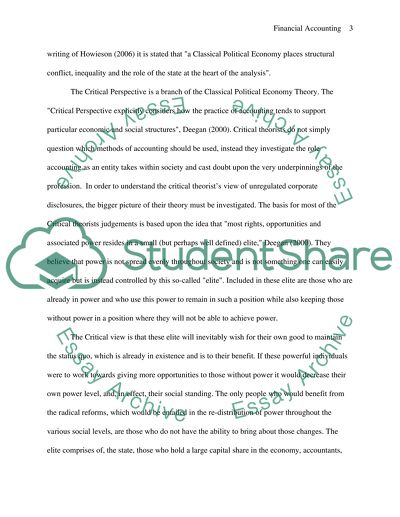Cite this document
(“Financial Accounting Theories Essay Example | Topics and Well Written Essays - 2250 words”, n.d.)
Financial Accounting Theories Essay Example | Topics and Well Written Essays - 2250 words. Retrieved from https://studentshare.org/miscellaneous/1522660-financial-accounting-theories
Financial Accounting Theories Essay Example | Topics and Well Written Essays - 2250 words. Retrieved from https://studentshare.org/miscellaneous/1522660-financial-accounting-theories
(Financial Accounting Theories Essay Example | Topics and Well Written Essays - 2250 Words)
Financial Accounting Theories Essay Example | Topics and Well Written Essays - 2250 Words. https://studentshare.org/miscellaneous/1522660-financial-accounting-theories.
Financial Accounting Theories Essay Example | Topics and Well Written Essays - 2250 Words. https://studentshare.org/miscellaneous/1522660-financial-accounting-theories.
“Financial Accounting Theories Essay Example | Topics and Well Written Essays - 2250 Words”, n.d. https://studentshare.org/miscellaneous/1522660-financial-accounting-theories.


